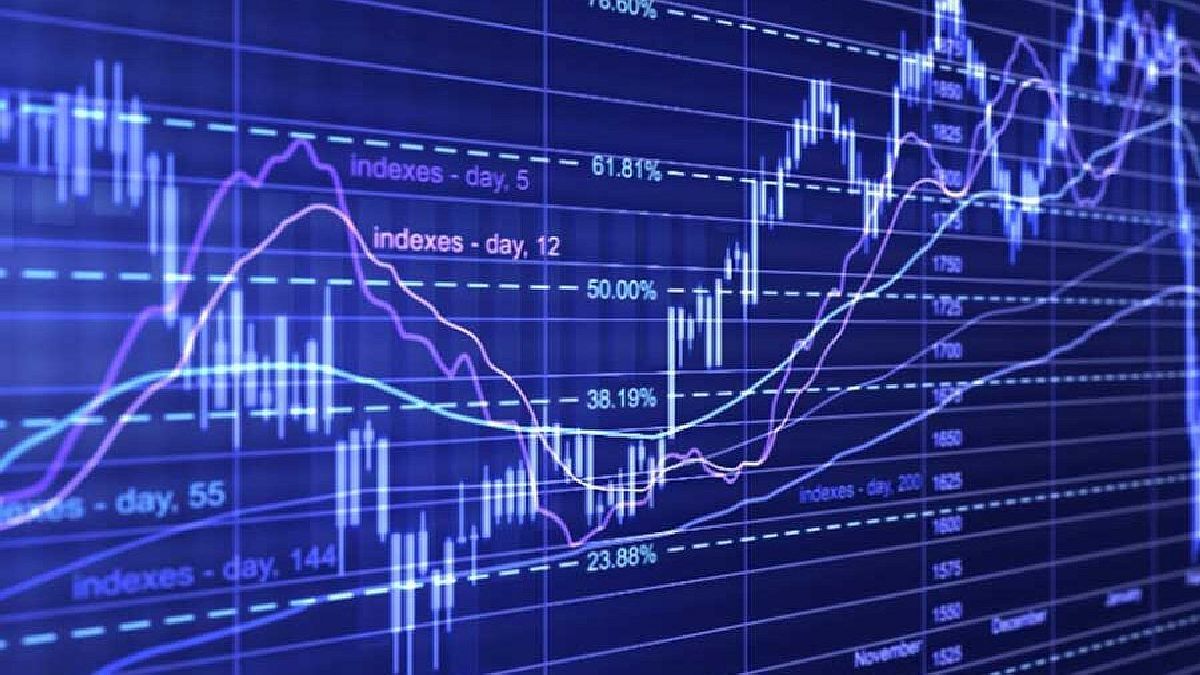Although rational “arbitrageurs” may be able to detect deviations in market prices, they often fail to correct these deviations. Indeed, there are people who use information more efficiently than others and manage to obtain extraordinary returns. Thus, When information is used effectively and good investment opportunities are identified, an active investment strategy with a policy of buying and selling assets at the right times can be more efficient.
Examples such as the Japanese financial bubble in the late 1980s and that of the United States in 2008 serve to demonstrate that individuals tend to overestimate certain panic events that help to enhance such situations. Not to mention the magnitude of the COVID-19 crisis, where uncertainty led to the strongest fall in the main international stock indices in the last 30 years, which positioned the VIX (an index that measures the implicit volatility of the United States stock market). States) at record highs (surpassing those of the subprime crisis).
Without going too far, the Argentine market is an excellent example of overreaction bias and irrational behavior on the part of investors. Assets price expectations of future events, and with Monday’s newspaper, it is easy to say that in 2018 the market was overly weighing positive macroeconomic events that were very far from occurring. Now, isn’t the opposite happening today? Does it make sense that the Merval measured in dollars is worth 80% less than in February 2018?
Clearly, our political and economic history works against us. The Rodrigazo, the Hiper of 1989, the corralito of 2001 and the recent “black Monday” after the PASO 2019, remain in the minds of many people and obviously affect expectations. In most local crises, investors exposed to riskier assets (stocks, bonds, etc) They seek to reduce the risk in their portfolios, mainly tending to dollarize. After suffering significant drops in their investments, they tend to increase their aversion to loss and ambiguity, preferring to opt for the options in which the probabilities of possible events are known with greater precision, leaving aside the riskier assets and further enhancing their falls.
There is no doubt that the current macroeconomic situation is delicate and the prospects for what is to come is also delicate. Increased regulations in the capital markets, the setting of rates, the fiscal deficit, the monetary issue and the inflationary pressure, clearly play against and damage expectations.
Anyway, analyzing fundamentals and comparables current price levels could be discounting a catastrophic scenario, causing any “positive” news to push prices higher. Given that the worst case scenario is discounted, the upside margin of the papers far exceeds that of the downside, which generates certain opportunities for investors who are not risk averse and are willing to withstand the volatility that being placed in Argentina implies. . The market has been underestimating variables such as the upcoming agreement with the IMF and an eventual change of political color in 2023, among others. We see this reflected in the sovereign bonds in dollars yielding close to 20%, when Ecuador and Sri Lanka yield 10% and 13%.
Indeed, the assets move according to the reactions of the agents. Each participant interprets information differently and markets react imperfectly. Investors often overestimate their abilities to predict events, as Daniel Kahneman said “The illusion that we understand the past encourages overconfidence in our ability to predict the future.” Often times in times of crisis the best opportunities arise.
Senior Financial Advisor de Liebre Capital




